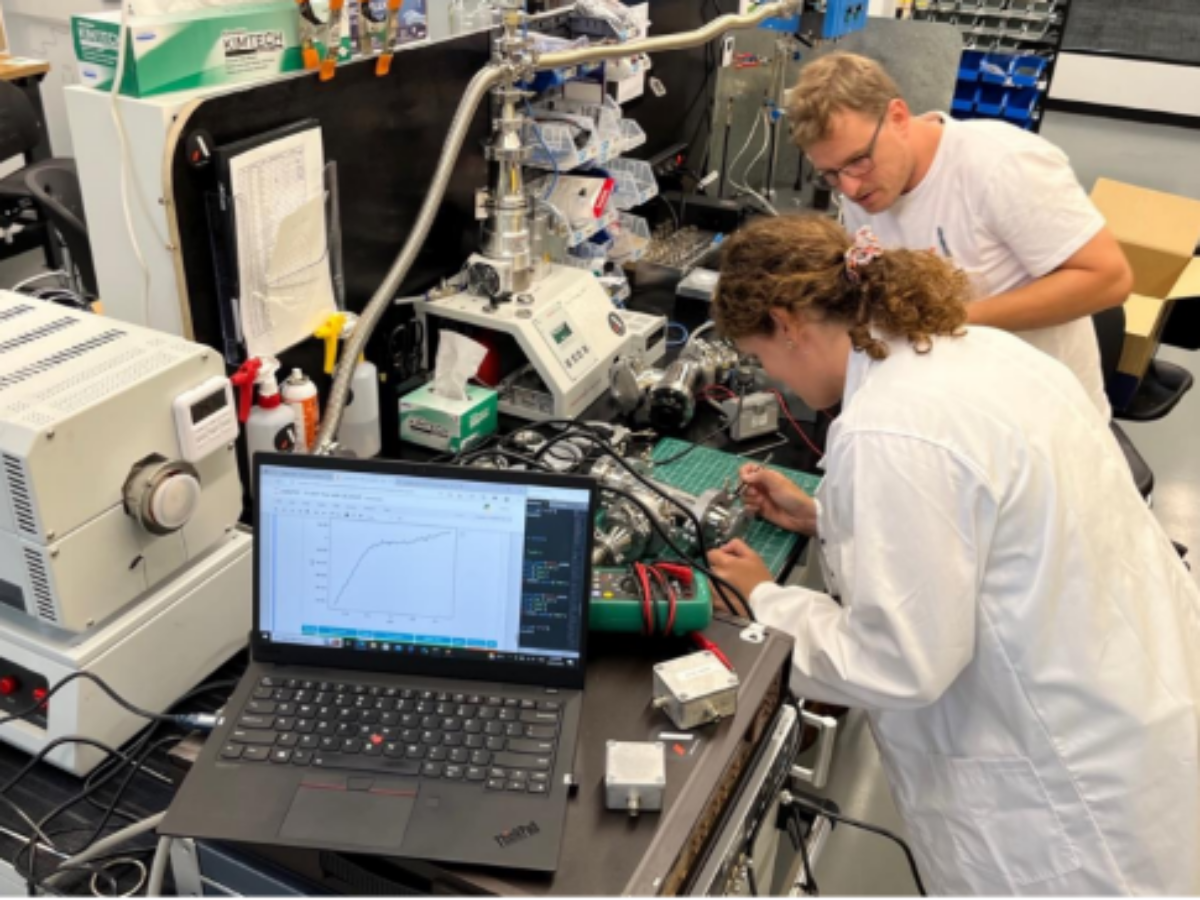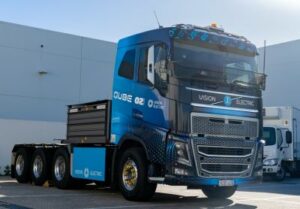Manufacturing news briefs – stories you might have missed

Universal Biosensors adds new test to its Sentia wine platform
Diagnostic test systems manufacturer Universal Biosensors has widened the scope of its Sentia test system for winemaking with the addition of a sixth product – a test for Titratable Acidity. This acidity measurement is tested by winemakers continuously throughout the year, and is one of the most important contributors to the taste and stability of a wine. It assists in making decisions about the overall colour, clarity, stability and flavour profile of a wine. UBI CEO John Sharman said: “Sentia represents a compelling alternative for winemakers to buy when compared with…other more expensive, time-consuming and often less accurate laboratory equipment and chemistries currently in use.” Sentia tests wine for sulphur dioxide, glucose, malic acid and other components of wine.
Archer links with chip maker TSMC
Taiwanese computer chip manufacturer TSMC has accepted quantum computer chip developer Archer Materials as a customer. Archer said in an activities update to investors that Archer was now permitted to access TSMC semiconducter fabrication process technologies, which include sophisticated 180 nm and 130 nm processes. “This will allow Archer to perform cost-effective multi-project wafer runs, and potential tape out and industrial production of future devices.” Archer also said it had been developing its own, customised laboratory facility (pictured) with the core of the facility now operational and located at the Sydney Hardware Lab. The laboratory includes specialty instruments assembled by Archer for the electronic characterisation of its quantum electronic devices (QEDs).
South Australia unites innovation precincts in one vision
The South Australian government will unite innovation precincts across the state under a single framework policy. Lot Fourteen, Tonsley Innovation District and Adelaide BioMed City will unite to capitalise on competitive advantage in defence, space, advanced manufacturing and critical technologies such as renewable energy, cyber, information warfare, quantum computing and artificial intelligence. The framework, to be developed by Lot Fourteen State Project Lead Di Dixon, will connect the innovation districts with each other and manufacturing hubs including the Osborne Naval Shipyard, the Edinburgh Defence Precinct and the future Australian Space Park planned for Adelaide airport. In a State of the State Address Premier Peter Malinauskas said: “A clear state-wide position bringing together all Economic Activity Zones and innovation assets under a centralised strategic vision and policy position will unlock greater value from these investments made by successive governments.”
Strategic Policy Grants Program recipients announced
The Department of Defence will award $3.513 million in grant funding to 11 successful applicants of the 2023 Strategic Policy Grants Program (SPGP). The annual grants programme funds independent projects focused on strategic defence policy issues relevant to Australia. Through the program, Defence aims to deepen public debate, strengthen partnerships, and inform strategic policy advice. Acting First Assistant South Secretary Strategic Policy, Ms Amanda Toms said the Strategic Policy Grants Program provides unique insights and enables the generation of cutting edge policy-relevant research to inform Defence’s strategic policy advice. This year’s grant recipients were: the Australian National University, Flinders University, L21 Pty Ltd, Lowy Institute for International Policy, the United States Studies Centre, University of Sydney, Carnegie Endowment for International Peace, the Center for a New American Security, the Center for Strategic and Budgetary Assessments, the Center for Strategic and International Studies, the National Bureau of Asian Research and the Stockholm International Peace Research Institute.
Trials begin of world’s first electric triple road train

Qube OZ Minerals, and Janus Electric have partnered to trial the world’s first electric triple road train, using Janus Electric's powerful battery charged by renewable energy (pictured below). Janus Electric is proud to be part of this trial which was launched in Adelaide where Oz Minerals is based. The converted Volvo FH16 8×6 prime mover will transport the equivalent of three shipping containers of copper concentrate from the company's Carrapateena mine to Whyalla, 165km away on Spencer Gulf. The full road train will weight in at 160 tonnes, and will be powered by 620kW hours of battery. The Janus technology utilises an exchangeable battery, which can be changed out in the time it takes to refuel an internal combustion engined truck.
March steel production data shows volumes up slightly
Crude steel production data for the 63 countries reporting to the World Steel Association (worldsteel) showed 165.1 million tonnes (Mt) were produced in March 2023, up 1.7 per cent increase compared to the same month last year. By region, Africa produced 1.4 Mt (up 8.4 per cent versus March 2022), Asia and Oceania produced 124.8 Mt, (up 4.1 per cent), the EU produced 11.9 Mt (down 5.6 per cent.) The rest of Europe produced 3.5 Mt, down 14.1 per cent. By country, China's output of 95.7 was up 6.9 per cent, India's 11.4 Mt was up 2.7 per cent, Japan's 7.5 Mt was down 5.9 per cent, the US's 6.7 Mt was down 2.1 per cent, South Korea's 5.8 Mt was up 1.9 per cent, and Germany's 3.3 Mt was down 0.5 per cent.
Cannaponics says farm now 100 per cent green
Perth-based medical cannabis company Cannaponics says it now using renewable energy sources to power its 165 acre farm and facility. The company said in a statement on Monday that for the last four months it has been powering their site, including a 3,600 square metre greenhouse, with 100 per cent solar power, backed by state of the art batteries storage. Originally installed in late 2022, Cannaponics decided to go to a stand alone solar power system and battery to lower its carbon footprint and cut costs throughout its construction phase and into production. The company received a $2 million state government grant in 2021 to develop the site. After the successful battery trial, Cannaponics are now planning to build a 1 megawatt solar farm for future operations and potential energy offtake to other companies in the area.
Picture: Archer Materials' in-house R&D laboratory/Janus Electric
Topics Defence Manufacturing News Technology
@aumanufacturing Sections
Analysis and Commentary Awards casino reviews Defence Gambling Manufacturing News Online Casino Podcast Technology Videos





